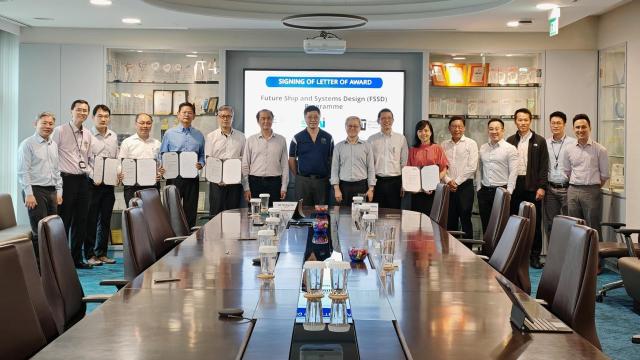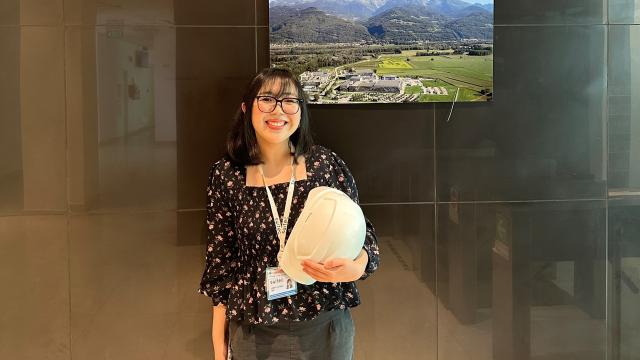
The annual SIT Teaching Excellence Award (TEA) serves to value the importance of teaching as a complex and multi-faceted activity, and is conferred to outstanding full-time faculty members.
For AY2018/2019, SIT awarded 11 faculty members to acknowledge their contributions and impact made on students:
- Dr Kyrin Liong, Assistant Professor, Engineering
- Dr Gan Hiong Yap, Associate Professor, Engineering
- Dr Mustafa Shabbir Kurbanhusen, Associate Professor, Engineering
- Dr Venkatarayalu Neelakantam, Associate Professor, Engineering
- Dr Ryan Fraser Kirwan, Assistant Professor, Infocomm Technology
- Dr Joy Pang, Assistant Professor, Chemical Engineering and Food Technology
- Dr Lim Kaiyang, Assistant Professor, Chemical Engineering and Food Technology
- Mr Lim Hua Beng, Associate Professor, Health and Social Sciences
- Dr Wee Seng Kwee, Associate Professor, Health and Social Sciences
- Ms Yeap Lay Huay, Senior Lecturer, Design and Specialised Businesses
- Mr Lim Boon Tien, Senior Lecturer, Centre for Communication Skills
An integral factor of the award is the recognition of new teaching methods that the faculty members introduced. Some of the innovative techniques include the use of industry labs to bring realism to classroom teachings, the incorporation of bite-sized videos in recorded tutorials, as well as a variety of platforms that help foster communication amongst students of various personalities.
“As each student learn differently, I try to facilitate the process by using a variety of teaching platforms. For example, I used social learning programme Yellowdig to engage my students better. Students who are generally quieter in class tend to participate more actively via such channels,” said Assistant Professor Joy Pang.
The TEA recipients also strive to continuously enhance students’ applied learning experience by weaving in real-world settings and scenarios as part of their lesson deliveries. Associate Professor Wee Seng Kwee sourced for videos of real patients to share during his classes. “The videos depicting real patients help students appreciate patients’ challenges better. Through watching the patients’ struggles, students can develop active listening and deeper levels of empathy and compassion,” he shared.
Hear more from these excellent educators on their teaching experience:
![[FA] SIT One SITizen Alumni Initiative_Web banner_1244px x 688px.jpg](/sites/default/files/2024-12/%5BFA%5D%20%20SIT%20One%20SITizen%20Alumni%20Initiative_Web%20banner_1244px%20x%20688px.jpg)


